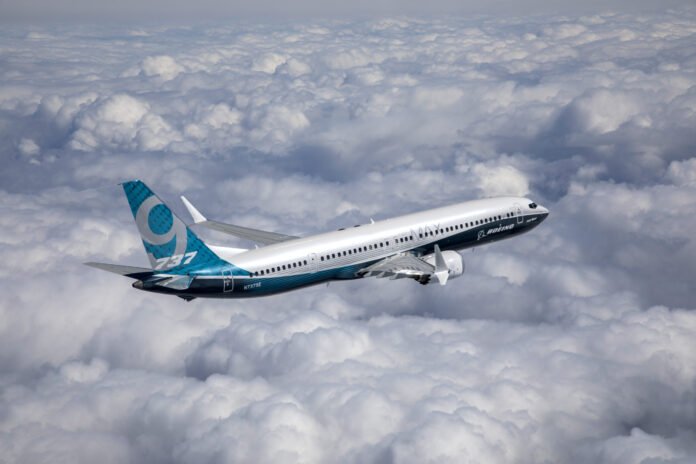Fuel switch checks are now a central focus of aviation safety, and Oman Air has responded decisively. The national carrier confirmed that it conducted precautionary inspections on the fuel switch mechanisms of its Boeing 787 and 737 aircraft.
Moreover, Captain Nasser Al Salmi, Chief Operating Officer of Oman Air, said the airline followed regulatory guidance. He explained that Oman Air completed extra fuel switch checks as a precautionary step to maintain high safety standards. The inspections covered eight Boeing 787 and 23 Boeing 737 aircraft in its fleet.
Although Boeing and the US Federal Aviation Administration stated the fuel switch locks are safe, many airlines have chosen to take additional precautions. For example, Etihad and Singapore Airlines joined Oman Air in conducting these extra inspections.
Meanwhile, India’s civil aviation regulator issued a directive requiring airlines to inspect the switch locking mechanisms on all Boeing 787 and 737 aircraft by July 21. The directive followed a technical review that highlighted global concerns about cockpit safety systems.
Earlier, Etihad Airways instructed pilots to inspect the fuel switches on its 787 fleet. This came after India’s Aircraft Accident Investigation Bureau (AAIB) published a preliminary report about a crash in Ahmedabad. The report said the fuel control switches were in the “cutoff” position, raising questions about whether mechanical failure or pilot error led to the tragedy.
Fuel switches control the flow of fuel to aircraft engines. In the Boeing 787, each engine has one switch. These switches sit beneath the throttle handles in the center console of the cockpit. Notably, they are protected by metal brackets and require upward pressure to activate, making accidental movement unlikely.
Therefore, fuel switch checks help address growing concerns within the aviation sector. While manufacturers affirm the safety of these components, airlines are taking no chances. Oman Air’s decision to act early shows a proactive approach to operational assurance.
As a result, the industry awaits further findings. Oman Air and others continue strengthening procedures. The airline remains committed to ensuring safe, reliable travel and supporting ongoing improvements in global aviation safety.


